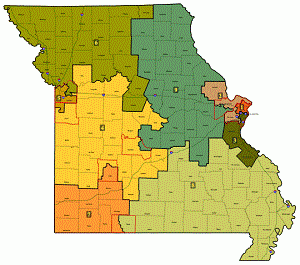As you might have read or heard, a broad coalition of organizations that includes Sensible Colorado has submitted language for a 2012 statewide legalization initiative in Colorado. The yet to be finalized measure would remove penalties for private marijuana possession and limited home growing, and establish a legal and regulated marijuana market for adults 21 and older. We went through an exceptionally exhaustive five-plus-month process to produce the filed initiative language, which we believe is incredibly strong and presents the best route to ending marijuana prohibition here in Colorado. We coordinated with dozens of organizations, attorneys, activists, patients, marijuana business owners, and other stakeholders, both in Colorado and around the country. We also solicited comments from the public via our organizations' lists of thousands of Colorado reform supporters, magazine ads, and events around the state. We are still engaged in the process of fine-tuning the initiative, so please do not hesitate to reply to this e-mail if you have any specific concerns or questions, which we will take into strong consideration and address as quickly as possible. As you can imagine, it is incredibly difficult if not impossible to produce initiative language on which everyone will agree entirely. But it remains our sincere hope that supporters of reform across Colorado will feel comfortable with the final product, become part of this growing coalition, and work together toward our shared goal of ending marijuana prohibition. Please reply to this e-mail or give us a call to participate in this process. 720 890 4247 | 









